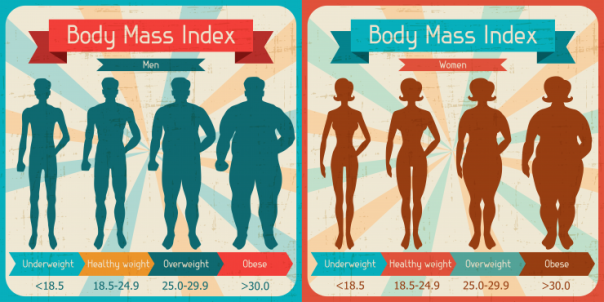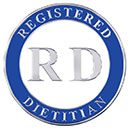Hi there! I recently saw this survey on Carrots n’ Cake blog and thought it would be fun to share my answers.
- Who are you named after? My first name is not after anyone specific. But, my middle name (Raylene) is after my Grandpa and Uncle (Ray).
- Last time you cried? I cried last weekend because my dog knocked over a bottle of pumped breastmilk and spilled 4 ounces. If you have pumped before, you know how tragic this seems! haha!
- Do you like your handwriting? I like my print writing better than my cursive. I tend to mix the two together when writing.
- What is your favorite lunch meat? Definitely turkey!
- Do you still have your tonsils? I sure do!
- Would you bungee jump? NO!! I’m way too big of a chicken for that!
- What is your favorite kind of cereal? I eat oatmeal the most often, but I really like Rice Krispies or Rice Chex. I used to love Lucky Charms when I was a kid–I may need to try those again one day soon!
- Do you untie your shoes when you take them off? Not unless I have to. I wish I could wear slip on shoes (sandals) every day of my life!
- Do you think you are strong? I need to work on my physical strength since having a baby a couple of months ago. My lower body is definitely stronger than my upper body.
- Favorite ice cream? Cookie dough or chocolate chip.
- What is the first thing you notice about someone? Their eyes.
- Football or baseball? Football, but I love going to baseball games too.
- What color pants are you wearing? Black
- Last thing you ate? Oatmeal with peanut butter and honey.
- What are you listening to? The outdoorsy sound that our Rock n’ Play makes. My 2 month old is currently napping.
- If you were a crayon, what color would you be? Pink.
- Favorite smell? Coffee, rain, fresh laundry
- Who was the last person you spoke to on the phone? My husband.
- Married? Yes, since August 2014!
- Hair color? Brown.
- Eye color? Blue.
- Favorite food to eat? Tie between pizza and ice cream.
- Scary movies or happy endings? Happy endings, I am a sucker for a good romantic comedy!
- Last movie you watched? Bridget Jones’ Baby
- What color shirt are you wearing? White
- Favorite holiday? Christmas!
- Beer or Wine? Beer
- Night owl or morning person? Depends on the day! I like to go to bed early, but I’m also not a great morning person 🙂
- Favorite day of the week? Saturday
Phew! That was a long survey! If you have any unique answers, share them in the comments. I am hoping this fun, little survey eases me back into blogging after another hiatus. Although, this blog will still be primarily nutrition focused, I plan to share some of my experiences with pregnancy, breastfeeding and maintaining a healthy lifestyle with a newborn. Stay tuned!













 </a
</a




